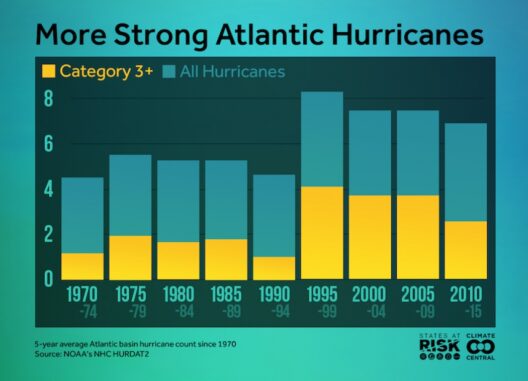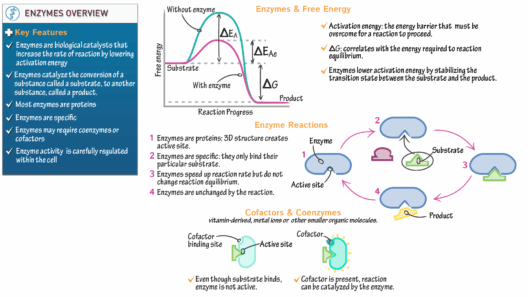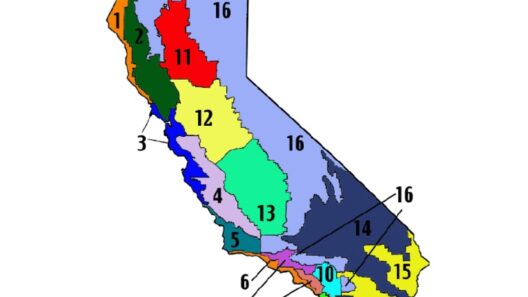In recent years, a palpable tension has emerged within political discourse surrounding the terminology used to discuss environmental degradation, particularly the phrase “climate change.” This lexical war is not merely a semantic skirmish; it underpins broader ideological divides and affects policy-making at every level. The ramifications of adopting, or eschewing, specific language in political rhetoric are multifaceted and warrant meticulous scrutiny.
The struggle over language is emblematic of a larger cultural battle. The lexicon surrounding climate issues has undergone a transformation, often dictated by political expediency rather than scientific integrity. Politicians, fearing the repercussions of invoking “climate change,” have adopted euphemisms or altogether avoided the term. This reluctance to articulate the problem reflects an underlying anxiety about public perception and political capital. By minimizing the urgency associated with climate change, these figures not only mislead constituents but also undermine the gravity of the crisis itself.
One must consider the implications of this semantic shift. By reframing climate change as merely “weather” fluctuations or “environmental issues,” policymakers dilute the discourse, rendering a complex web of scientific evidence into palatable soundbites. Such simplification may appease certain voter bases but diminishes the efficacy of urgent action. The repercussions are dire. By stripping the phrase “climate change” of its significance, politicians fail to inspire action or provoke the level of concern warranted by the facts.
This intentional obfuscation is further exacerbated by the media’s role in perpetuating these linguistic trends. The terminology employed by journalists holds the power to shape public understanding. When media outlets resort to vague descriptors, they inadvertently enable this linguistic warfare, effectively endorsing a more manageable narrative that sidelights the complexities of climate science. This presents a conundrum: while nuanced reporting is essential, sensationalism often prevails, creating a chasm between the public’s understanding and the scientific community’s consensus.
Dissecting the Motivation
The motivations underlying this linguistic warfare are complex. Political leaders, particularly those aligned with fossil fuel industries or conservative ideologies, frequently view climate change as a contentious election issue, triggering vehement debates that could alienate voting blocs. By eschewing clear terminology, leaders shield themselves from backlash while deftly navigating the political landscape. However, this avoidance comes at a hefty cost: the future of our planet hangs in the balance.
Moreover, there exists a palpable fear that acknowledging climate change might reset the political landscape. Accepting this phenomenon as a reality necessitates an obligation to act; it demands policy reform, investment in renewable energy, and a comprehensive reevaluation of economic practices grounded in sustainability. To acknowledge climate change thus becomes tantamount to unveiling an uncomfortable truth that many in power may be reluctant to confront.
The Importance of Language in Activism
Contrarily, environmental activists have championed the use of direct, unvarnished language in their communications. Engaging the public requires clarity not only in the message but also in the urgency of the situation. Activism thrives on passion, and incendiary terminology—such as “climate crisis” or “environmental emergency”—conveys a sense of immediacy that is often complimentary to the goal of galvanizing public support. Clear communication is crucial in shaping narrative and understanding; it becomes the bridge between scientific discourse and everyday conversation.
Yet the struggle does not solely lie within the battleground of words. It’s amplified in the perception of climate change as a partisan issue. This artificial division often obfuscates a universal threat the world is facing. Prominent scientific bodies have indicated that climate change is an unequivocal reality, yet political factions argue its validity as if it were a matter of personal belief rather than objective evidence. This breakdown in rational discourse is indicative of larger cultural crystallizations around identity politics, where one’s standpoint on climate change can signal affiliation to a specific group.
Reclaiming the Narrative
In light of these challenges, it is essential to reclaim the narrative surrounding climate change. The insistence on language that clearly articulates the severity of the crisis must become a clarion call. Activists, scientists, and the concerned public need to collaborate to reintegrate robust terminology into everyday conversations. Well-crafted speeches, inclusive dialogues, and strategic social media campaigns can all contribute to this effort.
This reclamation must also encompass a dedication to education. Increasing public awareness about the science of climate change, complemented by accessible language, will empower citizens to engage in meaningful dialogue. It is imperative that individuals understand the stakes involved, bridging the gap between apathy and urgency.
Conclusion: A Call to Action
The war on words surrounding climate change encapsulates more than lexicon; it signifies the struggle to articulate and confront an existential threat. The language used to describe this phenomenon serves as both a weapon and a shield, with the power to either galvanize action or prolong inaction. As stewards of the planet, society must strive for a discourse that prioritizes clarity, urgency, and scientific accuracy. Fostering a new lexicon is not merely a linguistic challenge; it is an ethical imperative, shaping the trajectory of environmental policy and the future of our planet. The time for decisive language is now. Instead of avoiding the term “climate change,” we must embrace it, ensuring that its significance is not lost in the political fog.






